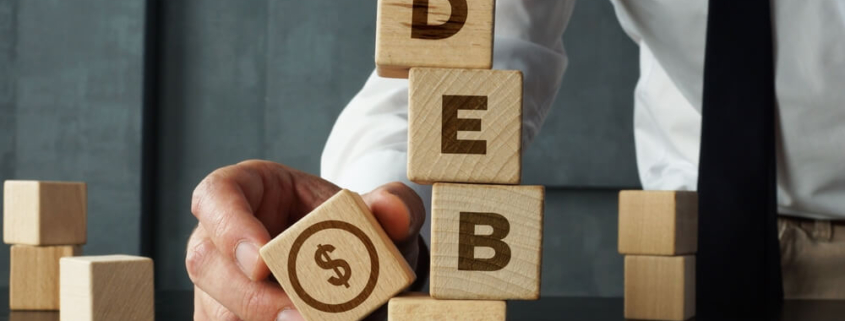What is the Difference Between Secured and Unsecured Debt in Bankruptcy?
If you’re considering filing for bankruptcy, you may have heard the terms “secured” and “unsecured” in reference to different forms of debt, without being sure of what these terms mean. These two forms of debt are treated very differently in bankruptcy. Read on to learn the meaning of these terms, and how secured debt is treated in Chapter 7 bankruptcy.
Secured vs. Unsecured Debt
The main difference between secured and unsecured debt is whether or not the debt is linked to something you own. A debt will be considered “secured” when the creditor of that debt has a lien against property you own which the creditor can recover if you fail to pay back the loan. The property on which the creditor has a lien is known as the “collateral” for a secured debt. Auto loans, home mortgages, or installment plans on household appliances are all considered secured debts, since the lender has a right to take the property back if you fail to make timely payments on the loan. Unsecured debt is any form of debt not tied to a piece of property. The most common examples of unsecured debt are credit card debt and medical debt. Other examples include student loans, household bills, income taxes, or personal loans.
When filing for bankruptcy under Chapter 7, you will no longer be liable to pay unsecured debts after your bankruptcy case is closed, with exceptions for certain types of unsecured debts such as student loans. Your liability for secured debt is usually eliminated, as well. However, while you no longer have to make payments for the property, the creditor for a secured debt still has a right to repossess the property on which it has a lien. As an example, let’s say you purchased a boat on credit, and the contract you signed included a provision that the seller has a lien on that boat and can repossess it if you fail to make timely payments. If you file for Chapter 7 bankruptcy, you will no longer owe money to the seller of the boat, but the seller still has its lien and the right to repossess the boat.
Under certain conditions, a bankruptcy attorney can help you avoid liens, allowing you to keep property in which a creditor has a secured interest. Additionally, if a lien was never “perfected” by the creditor, then the creditor may lack the right to repossess the collateral, and the debt will be treated as though it were unsecured. A knowledgeable bankruptcy attorney can explain more about your options under the law to retain as much of your property as possible when filing for bankruptcy under Chapter 7. It may be possible to go through Chapter 7 without losing any property at all.
If you are facing a large amount of medical debt or mounting credit card debt in Mississippi and would like to discuss your options for finding a way out, contact the knowledgeable and professional bankruptcy lawyers at the Gardner Law Firm, at 228-436-6555 (Biloxi), 228-762-6555 (Pascagoula), or 601-582-4300 (Hattiesburg).



